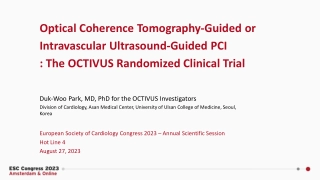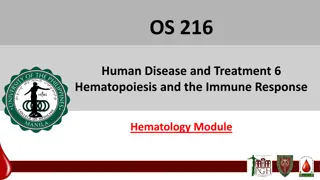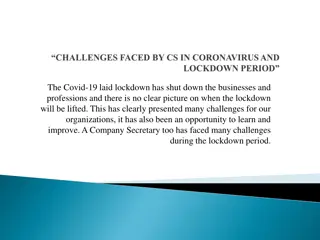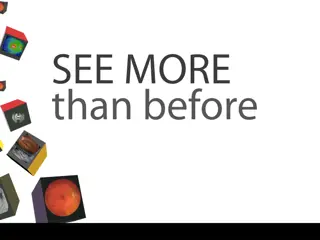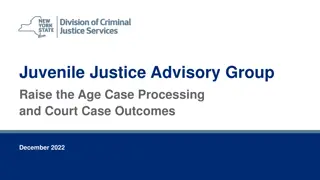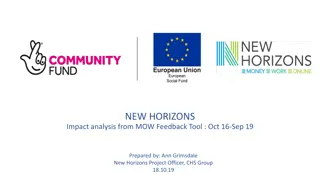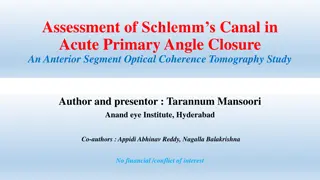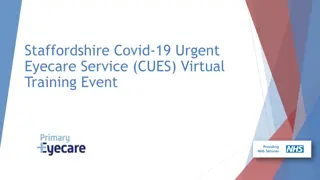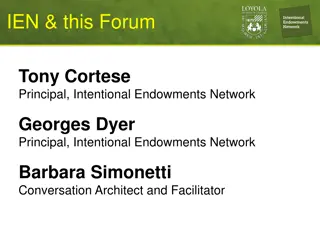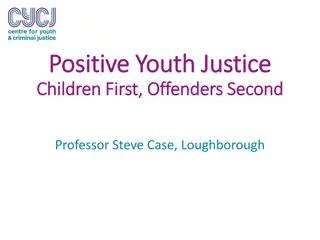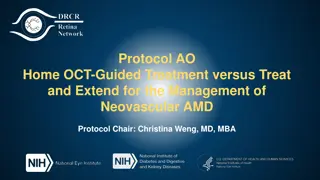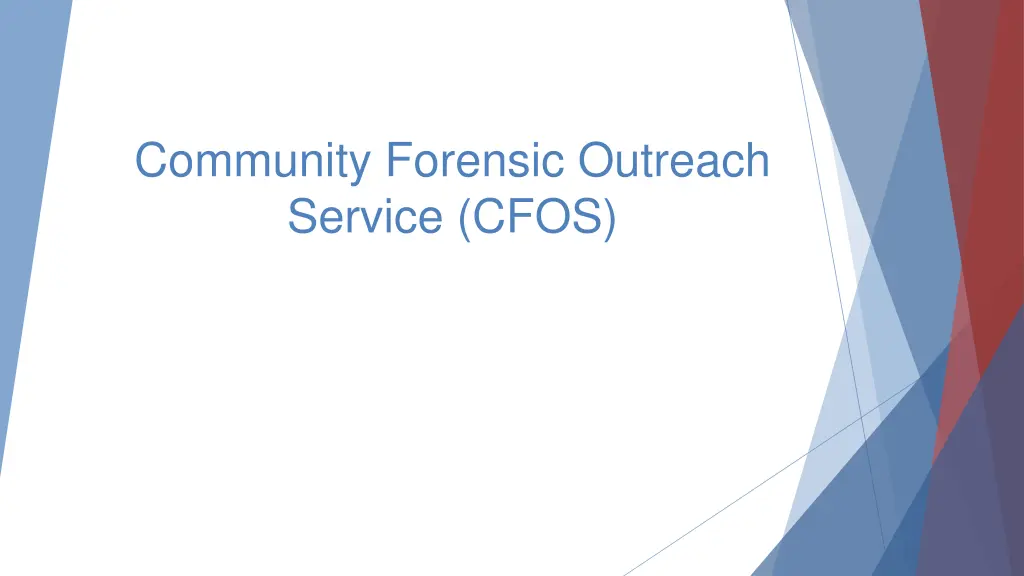
Forensic Mental Health Service Overview
"Learn about the Community Forensic Outreach Service (CFOS) and its role within the Tiered Risk Assessment and Management Framework in Queensland. Discover who CFOS comprises, its processes, interventions, and involvement in violence risk assessment. Understand the transition from Tier 1 to Tier 2 in managing elevated risk profiles and the outcomes of Tier 2 assessments. Explore the referral process to Tier 3 for specialized forensic services."
Download Presentation

Please find below an Image/Link to download the presentation.
The content on the website is provided AS IS for your information and personal use only. It may not be sold, licensed, or shared on other websites without obtaining consent from the author. If you encounter any issues during the download, it is possible that the publisher has removed the file from their server.
You are allowed to download the files provided on this website for personal or commercial use, subject to the condition that they are used lawfully. All files are the property of their respective owners.
The content on the website is provided AS IS for your information and personal use only. It may not be sold, licensed, or shared on other websites without obtaining consent from the author.
E N D
Presentation Transcript
Community Forensic Outreach Service (CFOS)
Overview Role of CFOS within the Tiered Risk Assessment and Management Framework & Chief Psychiatrist Policy CFOS Processes/Interventions Data
Who are CFOS? Psychiatrists, psychologists, clinical nurse consultants, social workers, and occupational therapists CFOS is one component of the Qld Forensic Mental Health Service QFMHS PCC MHIP High Secure inpatient Service (The Park-Centre for Mental Health) Court Liaison Service Prison Mental Health Service CFOS QFTAC IMHIP Brisbane Cairns Townsville
Violence Risk Assessment & Management Framework The Tiered Risk Assessment and Management Framework: A recommendation from the Sentinel Event Review Report - Queensland Health Response to the Final Report When Mental Health Care Meets Risk: A Queensland Sentinel Events Review into Homicide and Public Sector Mental Health Services (2016). Violence Risk Assessment and Management Framework Mental Health Services (2019)
Tier 1 to Tier 2 Where there is an ELEVATED RISK PROFILE a MDT case review is required to review management, including whether a Tier 2 assessment is needed (V-RAM) Indicators of elevated violence risk include; recent violent behaviour (or recent violent ideation) with the potential to result in injury to the consumer or others +/- consumer engaging in problem behaviours +/- history of serious violent behaviour and recent dynamic risk factors +/- high risk psychotic symptoms which have not responded to treatment lack of clarity regarding pathways or triggers to violence VRAM document
Tier 2 Possible outcomes; Risk management plan adequate/needs revised and back to Tier 1, Consideration as to circumstances in which the team would revisit the VRAM assessment eg change in dynamic risk factors, if risk management plan not effective in mitigating risk, transfer between services Framework identifies referral to Tier 3 following Tier 2 when; significantly elevated risk profile, risk unable to be managed without specialist forensic service input, meets Tier 3 services referral criteria.
CFOS intervention without Tier 2 imminent and severe violence with potential to cause significant harm Based on factors including; Recent changes (in dynamic risks) eg high risk Sx, last resort thinking Anticipated changes likely to destabilise eg loss events, stressors Engaging in or likely to engage in problem behaviours (eg violent ideation) with potential for serious adverse consequences Imminence eg capacity to enact a plan, act on symptoms, there is an identified target/victim Management plan not mitigating risk Lack of protective factors
Chief Psychiatrist Policy FO, TSO or other identified higher risk patients In addition to the Framework, Policy identifies the following; Liaison with or referral to CFOS must occur; Forensic Order/TSO Prescribed Offence (must assess within 60 days except in HSIS) To support community transition from HSIS/EFTRU in collaboration with receiving AMHS Revocation of FO being considered to determine whether need for CFOS opinion CFOS role within ARMC Policy identifies process for managing CFOS recommendations including escalation process
What services does CFOS provide (CL)? The aim of CFOS interventions; To support understanding of factors that contribute to complex problem behaviours, To inform referring team s management plan Secondary Case Consultations - planned discussion between CFOS & the treating team is to discuss risk concerns & develop a comprehensive plan to manage risk, Risk Assessment - using a validated structured risk assessment tool where available/ or evidence based framework (eg fire setting, threats) include CFOS Psychiatric Opinions Specialist Support assistance with aspect of risk management plan A Report will be provided after a Secondary Consultation or Risk Assessment and uploaded to CIMHA.
Report Cover Sheet Details CFOS advice on managing information in reports If requested through RTI If application for Confidentiality Order needed Can be third party information obtained from family, QPS, information from treating team Release associated with risk to third parties, jeopardise relationship with MHS, associated with adverse consequences to consumers mental health & risk
CFOS Therapy Service (CTS) Metro North Pilot Problem Forensic Behaviours Referral Criteria Stalking Consumer open to service Fire Setting A pattern of behaviour resulting in harm IPV/Family Violence Likely to re-occur Problematic Sexual Behaviours/Fantasies Relatively stable in mental state Grievance driven threats of violence Some level of engagement with team Fixation on cause/ideology that is problematic/involves violence Informed about referral and agrees to assessment
CTS Referral Pathway Tier 2 VRAM is complete and pathways to behaviour are clear OR Tier 3 CFOS assessment recommends team refer to Therapy Service AND Treating Team have discussed referral to Therapy Service and are willing to provide ongoing treatment and case management.
Ave no. of referrals pre-framework = 350-400 July 2019-June 2020 = 253 referrals 2/3rds inpatients Completed VRAM s = 53 (21%) CFOS (South East QLD) Accepted for CFOS intervention = 212 (84%) Of those accepted, assessed as high concern = 73% >2 diagnosis, 33% cognitive impairment, 56% >2 problem behaviours
Thank you Any questions?

